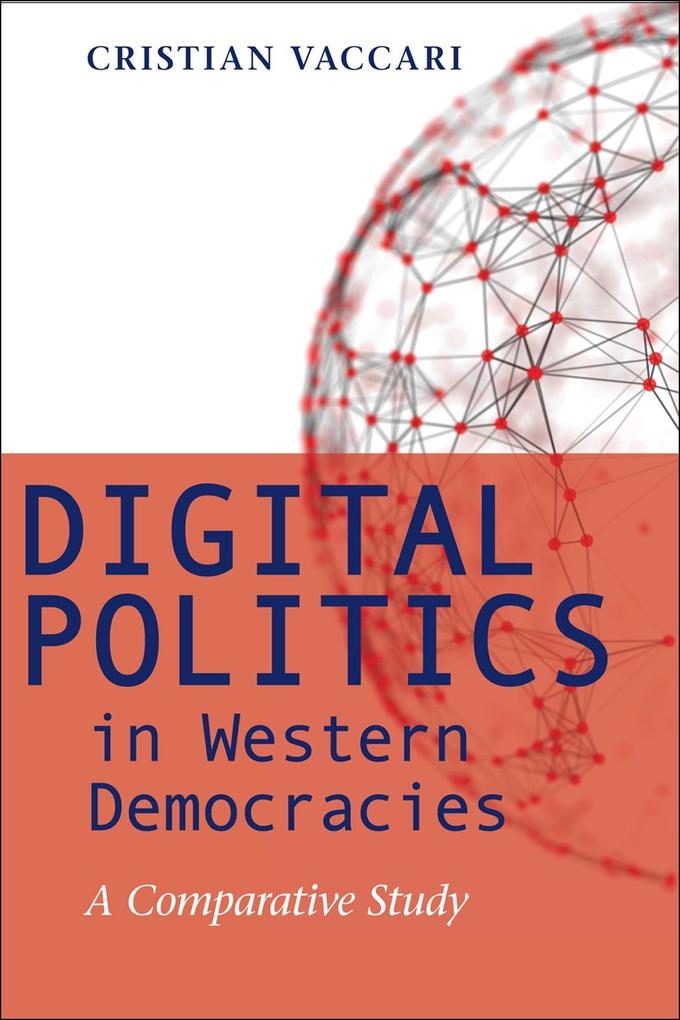
Sofort lieferbar (Download)
A comparative analysis of political websites and their users from seven Western democracies. Digital politics is shorthand for how internet technologies have fueled the complex interactions between political actors and their constituents. Cristian Vaccari analyzes the presentation and consumption of online politics in seven advanced Western democracies-Australia, France, Germany, Italy, Spain, the United Kingdom, and the United States-from 2006 to 2010. His study not only refutes claims that the web creates homogenized American-style politics and political interaction but also empirically reveals how a nation's unique constraints and opportunities create digital responses. Digital Politics in Western Democracies is the first large-scale comparative treatment of both the supply and the demand sides of digital politics among different countries and national political actors. It is divided into four parts: theoretical challenges and research methodology; how parties and candidates structure their websites (supply); how citizens use the websites to access campaign information (demand); and how the research results tie back to inequalities, engagement, and competition in digital politics. Because a key aspect of any political system is how its actors and citizens communicate, this book will be invaluable for scholars, students, and practitioners interested in political communication, party competition, party organization, and the study of the contemporary media landscape writ large.
Produktdetails
Sprache
englisch
Dateigröße
4,39 MB
Autor/Autorin
Cristian Vaccari
Verlag/Hersteller
Kopierschutz
mit Adobe-DRM-Kopierschutz
Family Sharing
Ja
Produktart
EBOOK
Dateiformat
EPUB
ISBN
9781421411194
Entdecken Sie mehr
Bewertungen
0 Bewertungen
Es wurden noch keine Bewertungen abgegeben. Schreiben Sie die erste Bewertung zu "Digital Politics in Western Democracies" und helfen Sie damit anderen bei der Kaufentscheidung.









